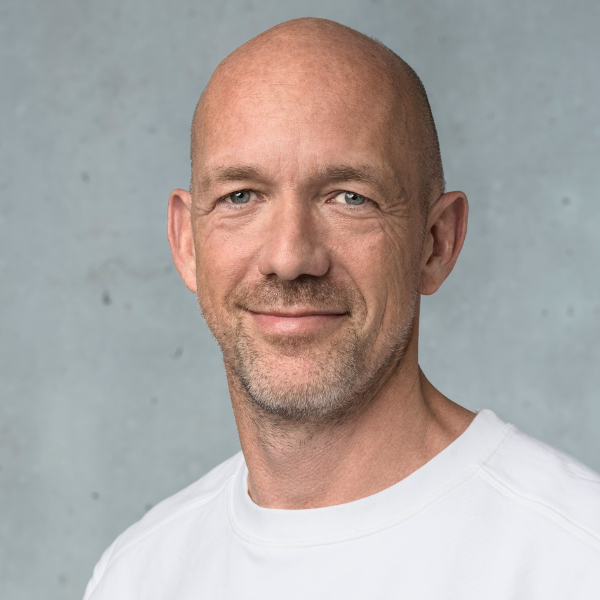Referring to his Harvard Business Review article “The Era of ‘Move Fast and Break Things’ is Over,” General Catalyst managing director Hemant Taneja argues that the vast majority of founders don’t intend to cause social harms. Because most negative consequences of new technologies are unintentional, he emphasizes, it’s extremely important for entrepreneurs to develop a mindset focused on understanding the second- and third-order effects of their businesses. With that intention in mind, he continues, founders should carefully monitor the consequences of the technologies they are developing, and seek alignments between their short-term business goals and long-term benefits to society.
Related

Alexandra Zatarain,
Eight Sleep
Getting to Product-Market Fit [Entire Talk]
Product-market fit is a journey. Knowing your audience and mission will help you on your way.
Video
50 minutes
Alexandra Zatarain,
Eight Sleep
Getting to Product-Market Fit [Entire Talk]
Product-market fit is a journey. Knowing your audience and mission will help you on your way.

Maria Barrera,
Clayful
Mental Health Tech, Mentally Healthy Startups [Entire Talk]
Startups can address important mental health problems, but maintaining mental health in startup culture is challenging.
Video
49 minutes
Maria Barrera,
Clayful
Mental Health Tech, Mentally Healthy Startups [Entire Talk]
Startups can address important mental health problems, but maintaining mental health in startup culture is challenging.

David Allemann,
On
Exploration in Sports Technology [Entire Talk]
Taking a risk on an innovative idea can be the spark of a global company.
Video
50 minutes
David Allemann,
On
Exploration in Sports Technology [Entire Talk]
Taking a risk on an innovative idea can be the spark of a global company.



